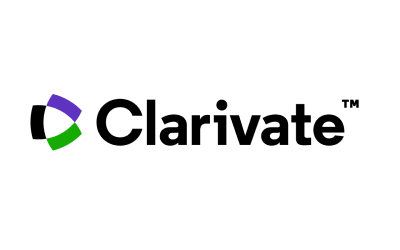Early last month, the Supreme Court rejected a petition from inventors challenging a Federal Circuit ruling that their reissue patents were invalid. The rejection leaves in place the Federal Circuit’s standard for a reissue patent application; whether the original specification has an “express disclosure of the exact embodiment” covering the broadened claim.
More than 10 years ago, Alfonso Cioffi and the estate of co-inventor Allen Rozman filed a patent infringement suit against Google in the United States District Court for the Eastern District of Texas. The suit alleged that Google infringed three reissue patents related to malware protection. In 2017, a jury found that Google infringed the patents and awarded the inventors $20 million in damages. Google appealed to the Federal Circuit on the grounds that the patent claims were invalid under the “original patent requirement” because they contained reissue claims not disclosed in the original patent. The Federal Circuit ruled in Google’s favor.
Once a patent issues, a patent owner may file a reissue application in which claims of the original patent are modified so long as new matter is not introduced. In the 1942 case, US Industrial Chemical, Inc. v. Carbide & Carbon Chemicals Corp, the Supreme Court held that in a reissue application, a patent owner must show that the reissued claims were “intended to have been covered and secured by the original [patent].” However, in 2014, the Federal Circuit ruled that reissue applications can only broaden the original patent if the original’s specification has an “express disclosure of the exact embodiment” covering the broadened claim.
The Federal Circuit applied the exact embodiment standard in invalidating the reissue claims of the malware patents. Specifically, it held: “In our recent cases addressing the original patent requirement, we have held that in order to satisfy the original patent requirement, the invention claimed on reissue must be more than merely suggested or indicated by the specification of the original patent. Instead, we have explained, that the specification of the original patent must clearly and unequivocally disclose the newly claimed invention as a separate invention. That is, we have interpreted the original patent requirement to require that “the exact embodiment claimed on reissue [be] expressly disclosed in the specification.”
In their petition to the Supreme Court, petitioners argued that the exact embodiment standard deviates from a less rigid standard established by the Supreme Court in US Industrial Chemical. The petition states that the standard applied by the Federal Circuit “far exceeds the standard set in US Industrial Chemical, conflicts with decades of Federal Circuit precedent…and finds no basis in the reissue statute, 35 USC § 251.” The Supreme Court denied the petition, leaving in place the Federal Circuit’s exact embodiment standard.
Going forward, the most obvious implication of the Supreme Court’s denial is that fewer reissue applications will be granted. However, perhaps of more practical importance for patent owners, the exact embodiment standard makes it more difficult to move from a genus to species claim via reissue application – a reality that petitioners recognized: “This standard makes it virtually impossible to obtain narrower claims in reissue by narrowing from a disclosed broad embodiment (genus) to a narrower sub-embodiment (a species) – a point made plain by the instant case where the Inventors narrowed from a broader disclosed embodiment to a narrower species.”
Between this case and Amgen Inc. v. Sanofi, it has been a tough year for the genus claim.

Written by Tanner Murphy
Associate, Caldwell
You may also like…
Clarivate delivers new AI-powered solutions within Innography for competitive benchmarking and standard-essential patent analysis
AI Classifier delivers patent classification with up to 97% first-pass accuracy for portfolio benchmarking, while SEP...
New Minister appointed with responsibility for intellectual property
The UK Intellectual Property Office (UKIPO) CEO has welcomed the new Minister. Kanishka Narayan MP has been confirmed...
Bike safety and kitchen elegance win big at the DesignEuropa Awards 2025
COPENHAGEN — Today, the design community recognized two exceptional creations and two notable designers in the sixth...
Contact us to write for out Newsletter













